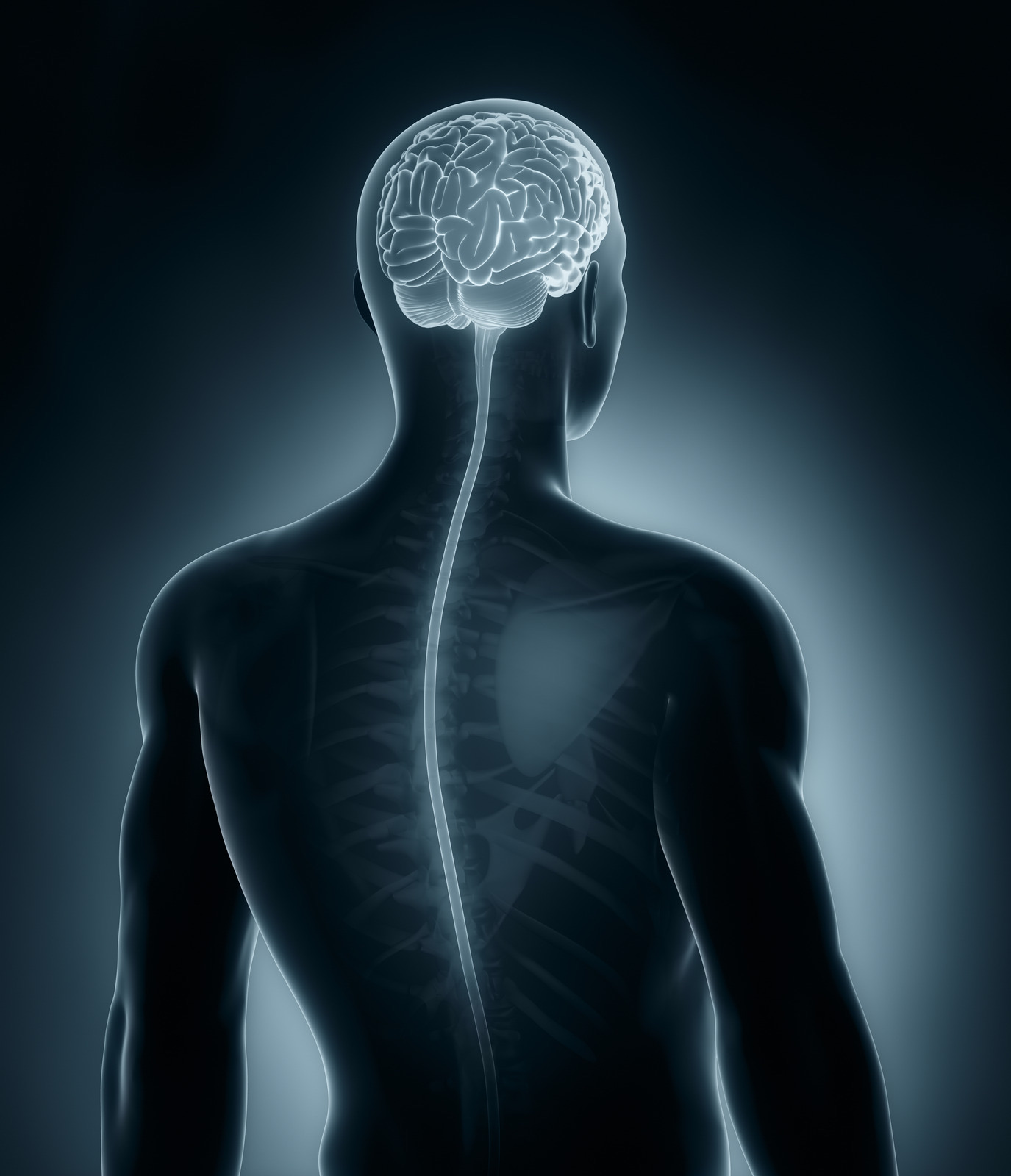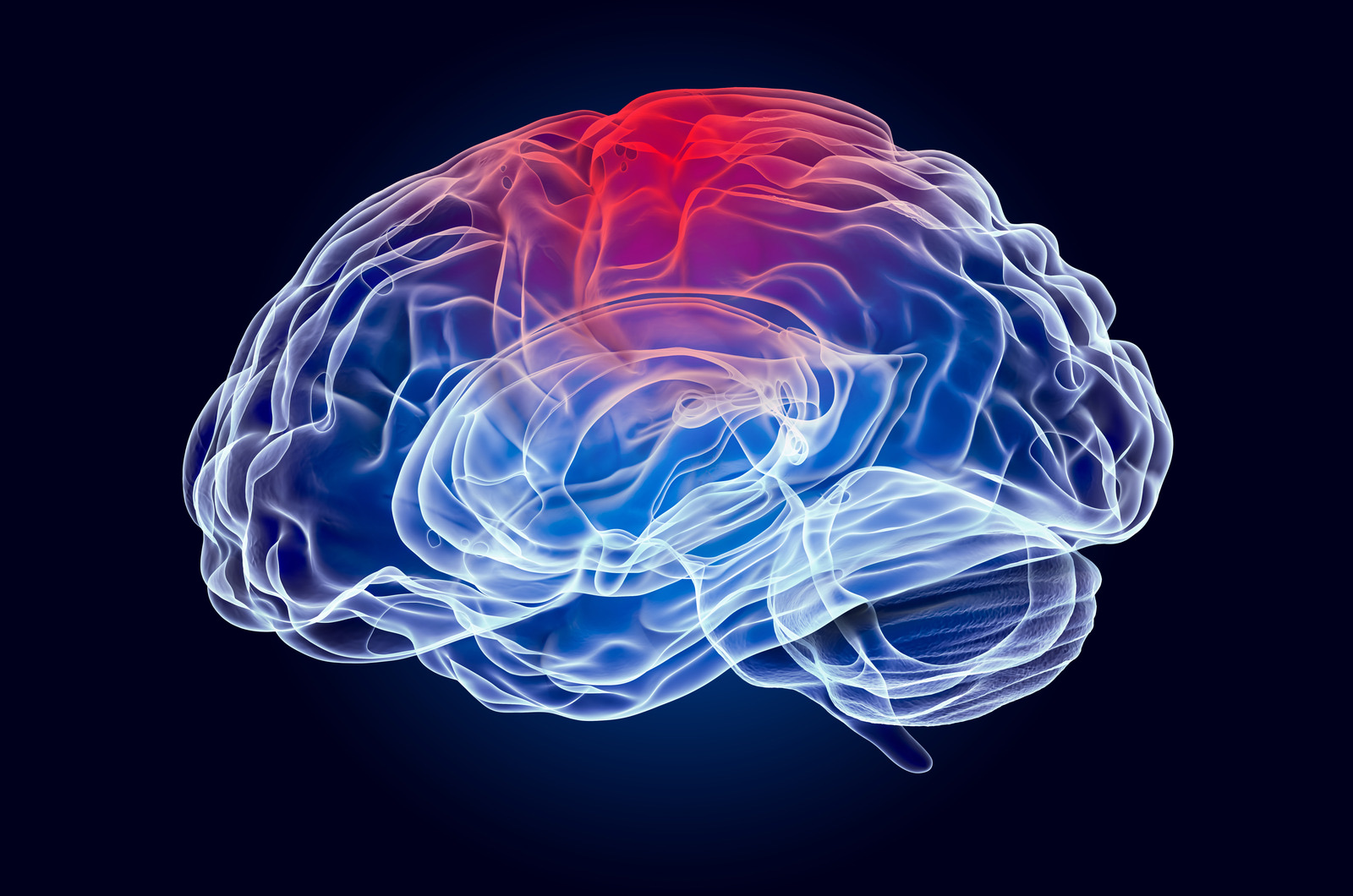Locked-In Syndrome presents unique challenges, affecting communication and mobility. Serensa Health is committed to providing compassionate and comprehensive rehabilitation services for individuals facing the complexities of Locked-In Syndrome. In this detailed guide, we will explore the world of rehabilitation for Locked-In Syndrome, delve into our specialized programs, and elucidate why choosing Serensa Health is pivotal for fostering communication, mobility, and overall well-being.
Understanding Locked-In Syndrome:
Locked-In Syndrome is a rare neurological condition characterized by paralysis of nearly all voluntary muscles, except those controlling eye movement. Individuals with Locked-In Syndrome often retain cognitive function and awareness while facing severe limitations in communication and movement. Serensa Health recognizes the profound impact of this condition and tailors rehabilitation programs to address the unique challenges faced by individuals and their families.
Our Specialized Locked-In Syndrome Rehabilitation Services:
At Serensa Health, we embrace a holistic and individualized approach to Locked-In Syndrome rehabilitation. Our specialized services include:
Augmentative and Alternative Communication (AAC) Training: Specialized training to use communication devices, eye-tracking technology, or other methods to facilitate communication.
Mobility and Range of Motion Exercises: Tailored exercises to maintain joint flexibility and prevent complications related to immobility.
Assistive Technology Integration: Experts at Serensa Health integrate assistive technologies to enhance independence and support individuals in overcoming communication and mobility barriers.
Psychological Support for Emotional Well-being: Coping with the emotional challenges associated with Locked-In Syndrome is crucial. Our psychologists provide support, coping strategies, and counseling for both individuals and their families.
Why Choose Serensa Health for Locked-In Syndrome Rehabilitation:
Choosing Serensa Health for Locked-In Syndrome rehabilitation means choosing a center that understands the intricate nature of communication and mobility challenges. Our commitment to excellence is reflected in:
Multidisciplinary Team Approach: Our team includes specialists in AAC training, physical therapy, assistive technology, and psychology, ensuring a comprehensive and coordinated approach to rehabilitation.
Family-Centered Care: Serensa Health involves families in the rehabilitation process, recognizing the vital role of familial support in the journey of individuals with Locked-In Syndrome.
Personalized Treatment Plans: We acknowledge the uniqueness of each case of Locked-In Syndrome. Our treatment plans are customized to address specific communication and mobility needs, promoting a personalized approach to improvement.
State-of-the-Art Facility: Our facility is equipped with advanced technology and resources for Locked-In Syndrome rehabilitation. We invest in the latest treatments and techniques to optimize outcomes.
Emphasis on Emotional Well-being: Beyond physical and communication rehabilitation, Serensa Health places significant emphasis on the emotional well-being of individuals and families facing Locked-In Syndrome. Our psychological support services are integral to the rehabilitation process.
The Impact of Locked-In Syndrome on Quality of Life:
Locked-In Syndrome can profoundly impact an individual's quality of life, affecting communication, mobility, and emotional well-being. Serensa Health recognizes the multifaceted nature of these challenges and works to address them comprehensively.
Our rehabilitation programs for Locked-In Syndrome aim to not only improve communication and mobility but also enhance overall well-being. We understand the importance of supporting individuals in regaining control, resilience, and an improved quality of life.
The Importance of Early Intervention:
Early intervention is crucial in Locked-In Syndrome rehabilitation to optimize communication and mobility outcomes and prevent complications related to immobility. Serensa Health emphasizes the significance of prompt and specialized care for individuals facing Locked-In Syndrome. Early interventions may include AAC training, mobility exercises, and psychological support.
Identifying and addressing communication and mobility challenges early on allows our team to implement interventions that promote optimal improvement. Through a proactive and individualized approach, we empower individuals and their families to navigate the journey with confidence.

Augmentative and Alternative Communication (AAC) Training for Effective Communication:
AAC training at Serensa Health focuses on: Assessment of Communication Needs: Comprehensive assessment to determine the most suitable AAC method, considering eye-tracking technology, communication devices, or other customized solutions.
Training in AAC Device Usage: Specialized training to use AAC devices effectively for communication, including message formulation and expression of needs and preferences.
Integration of High-Tech and Low-Tech Solutions: A tailored approach that may include a combination of high-tech solutions such as eye-tracking devices and low-tech solutions like communication boards.
Continuous Support and Adjustments: Ongoing support to address any challenges or modifications needed in the use of AAC devices.
AAC training is personalized to each individual's communication goals and abilities, promoting effective expression and interaction.
Mobility and Range of Motion Exercises for Physical Well-being:
Mobility exercises at Serensa Health include:
Range of Motion Activities: Tailored exercises to maintain flexibility in joints and prevent complications such as contractures.
Passive and Active Movement Techniques: Techniques to stimulate muscles and joints through both passive movements performed by therapists and active movements encouraged in individuals.
Bed Mobility Exercises: Exercises designed to enhance mobility while lying in bed, promoting independence in daily activities.
Collaboration with Physical Therapists: Coordination with physical therapists to integrate mobility exercises into the overall rehabilitation plan.
Mobility exercises are adapted to each individual's mobility goals and abilities, promoting gradual and effective improvement.
Assistive Technology Integration for Enhanced Independence:
Serensa Health integrates assistive technologies to:
Facilitate Communication: Introduction of devices and applications to support communication, including eye-tracking technology and other AAC solutions.
Promote Mobility and Independence: Integration of mobility aids and devices to enhance independent movement, considering options such as power wheelchairs or robotic devices.
Environmental Control Systems: Implementation of systems that allow individuals to control aspects of their environment, such as lights or television, independently.
Education and Training in Assistive Technology Usage: Comprehensive training and education on the effective use of assistive technologies in daily life.
Assistive technology integration is selected based on individual needs, maximizing functionality and promoting independence.
Psychological Support for Emotional Well-being:
Coping with the emotional impact of Locked-In Syndrome is a crucial aspect of rehabilitation. Serensa Health provides psychological support through:
Individual Counseling: Our psychologists offer individual counseling sessions to address the emotional challenges associated with Locked-In Syndrome. Topics may include coping with limitations, maintaining a positive outlook, and adjustment to lifestyle modifications.
Family Counseling and Support: Involvement of families in counseling sessions to provide a supportive environment for both individuals facing Locked-In Syndrome and their caregivers.
Coping Strategies for Stress Management: Individuals and families are equipped with coping strategies to manage stress and navigate the emotional aspects of the condition.
Education on Emotional Well-being in Locked-In Syndrome: Understanding the emotional impact of Locked-In Syndrome and strategies to enhance emotional resilience.
Psychological support is integrated into the overall rehabilitation plan, recognizing the interconnectedness of physical, communication, and emotional well-being.
Contact Us Today:
If you or a loved one is facing the challenges of Locked-In Syndrome, Serensa Health is here to guide you on the path to improved communication, mobility, and overall well-being. Our comprehensive rehabilitation programs for Locked-In Syndrome are designed to address the unique needs of each individual. Contact us today to schedule a consultation and take the first step towards a more empowered and fulfilling future. Our experienced team is committed to providing compassionate and effective care to support you on your journey to rehabilitation.
In conclusion, Serensa Health is dedicated to helping individuals with Locked-In Syndrome enhance their communication, mobility, and overall well-being through specialized and compassionate rehabilitation. Our state-of-the-art facility, experienced specialists, and family-centered focus distinguish us as a leading rehabilitation center. We prioritize individualized care, early intervention, and a holistic approach to empower individuals and their families to navigate the challenges of Locked-In Syndrome with resilience. Choose Serensa Health as your partner in the journey to improved communication and mobility, and let us guide you towards a more empowered and fulfilling future.


